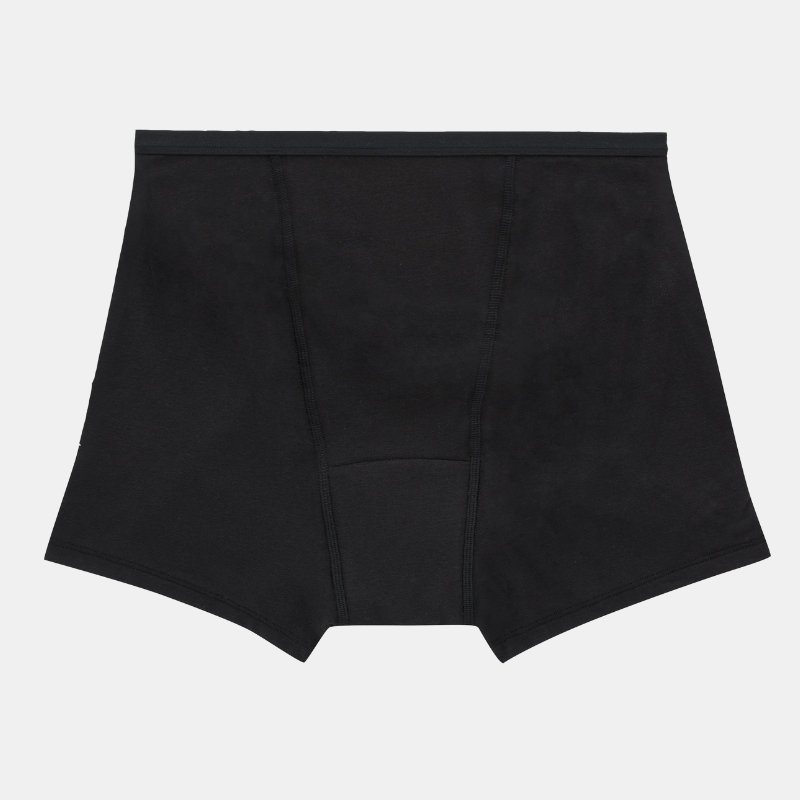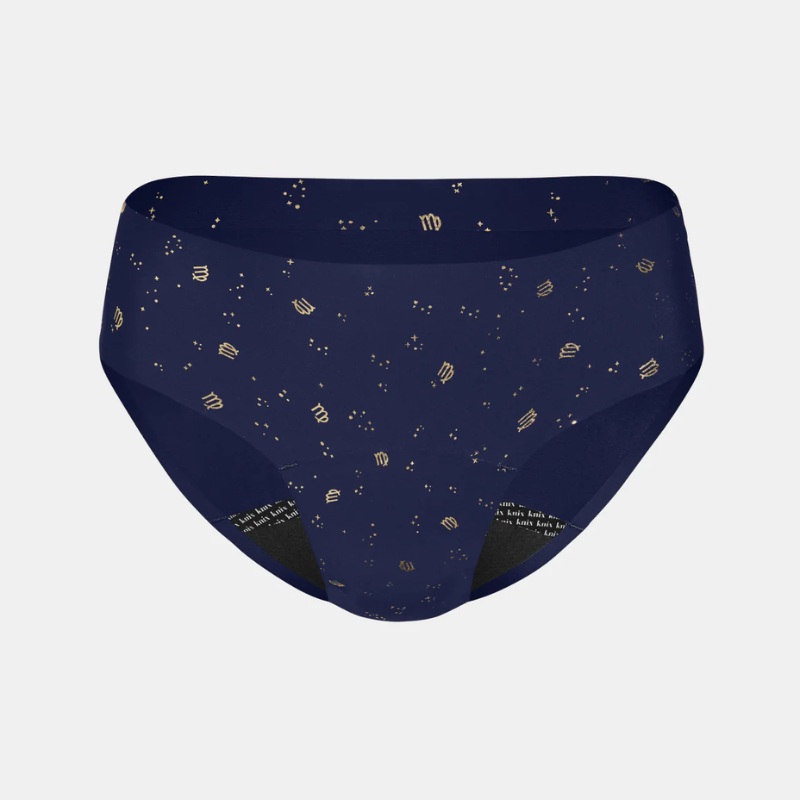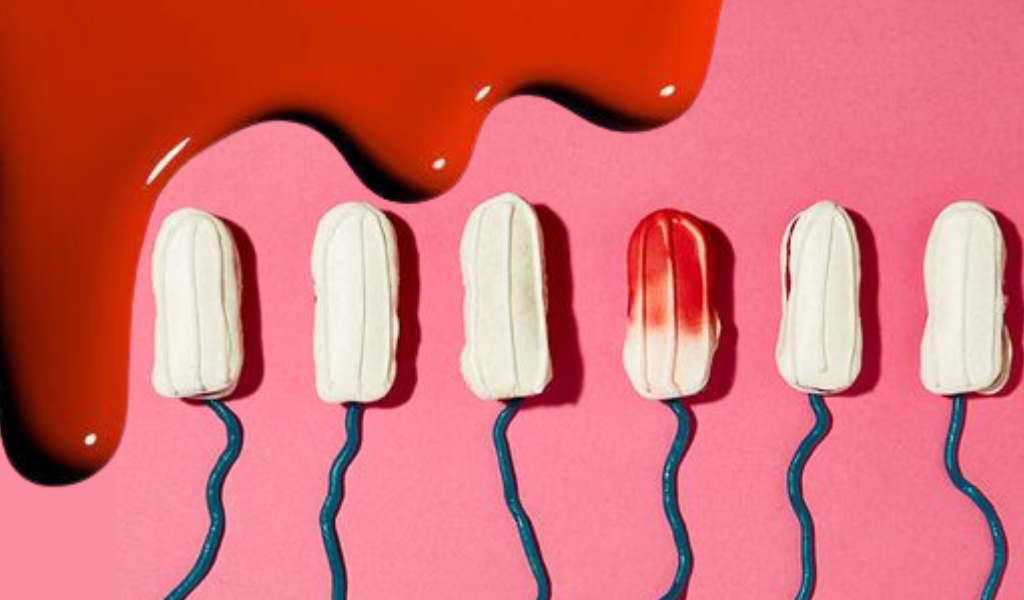Let it be known that becoming a tampon user often takes significant courage. Honestly, getting the hang of inserting a tampon for the first time is just the tip of the iceberg, and it can be a whole ordeal for women right out the gate. And just when you feel you’ve mastered it, we recently learned that researchers have discovered metals in tampons from various brands.
Uhh, what?
The news about potentially harmful chemicals in tampons sparked my curiosity to explore alternative options. So, there I was, strolling through my local pharmacy, scanning the feminine hygiene aisle when I spotted organic tampons. I thought, “Aha! This has to be a safer choice, right?” But when I flipped the box over, I was surprised by the ingredient list: Cotton, Rayon, Polyester, Polypropylene, Polyethylene, Fibre Finish. Now I’m here wondering what on Earth each of these materials actually means for my health and safety, mainly since some, like rayon and fibre finishes, are sometimes processed as synthetic fibres. This can raise concerns for some users who are sensitive to synthetic materials or who want to use a more natural option. While health authorities have approved each ingredient for use in tampons and consider it safe at typical exposure levels, studies on long-term use and absorbency are ongoing.
The researchers also call for greater transparency in tampon ingredients, especially that people who menstruate may use over 9,000 tampons throughout their lifetime, according to Duquesne University School of Nursing in Pittsburgh. With such regular use, we need clear information about product contents. So, here’s the lowdown on what you need to know about this recent study.
That was awkward: How talking about periods normalizes what’s natural.
Do tampons have harmful chemicals in them?
Researchers are currently investigating how much of these metals, if any, may be absorbed by the body from using tampons. They’re also examining the potential presence of other chemicals. The study highlights the fact that vaginal skin can absorb chemicals more readily than other areas of the body, which is why this research is important.
The study published in Environmental International examined 30 tampons from 14 different brands, testing for the presence of various metals, including lead. The researchers found small amounts of metals such as arsenic, cadmium and chromium in all tested samples.
Keep in mind that the levels of metals detected were considered to be “low.” Health Canada, for example, notes that no level of lead exposure is considered completely safe, but the risk associated with the low levels found in tampons is still being studied. I reached out to Health Canada for an interview and they declined my request. However, they did respond with the following:
“Menstrual tampons are regulated as medical devices in Canada. As such, for menstrual tampons to be sold in Canada, manufacturers must comply with requirements of the Medical Devices Regulations related to safety, effectiveness, quality and labelling.
“Health Canada monitors information related to the safety of medical devices that are authorized for sale in Canada, including menstrual tampons.
“Health Canada is aware of this study, and its findings are being assessed. Health Canada will take action if warranted.
“Health Canada’s role includes providing information to Canadians so they can make healthy, informed decisions about their health, such as on our website on tampons, where we outline the risk of toxic shock syndrome.”
“We encourage people to consult a healthcare professional if they have questions or concerns about the use of health products, such as menstrual tampons.”
I did speak with Dr. Michael Tahery, a board-certified OB/GYN and urogynecologist, and he emphasized the importance of this research, given that tampons are widely used. However, it’s also important to avoid jumping to conclusions. The U.S. Food and Drug Administration (FDA) is commissioning further research to understand the issue better. The FDA posted a public notice to their website that has commissioned two studies to evaluate metals in tampons after growing calls from lawmakers concerned about their safety.
The notice states, “These initiatives will enable the FDA to complete a risk assessment of metals contained in tampons, based on a worst-case scenario of metal exposure,” it said. “The FDA will also continue monitoring these devices as part of its total product lifecycle approach to medical devices.”
While it’s hard not to be concerned about what we put into our bodies, the study authors emphasize the importance of waiting for complete findings before jumping to your own conclusions. They caution that further research is still needed to determine if there are any potential health impacts. Health authorities like the FDA and Health Canada are closely monitoring these findings to ensure public safety and to provide clearer answers as more data emerges.
Also noteworthy: the tampons tested in this study were U.S. products, which are regulated and produced differently than those sold in Canada. Health Canada enforces specific safety and ingredient standards that may vary from U.S. ones, so Canadian products could have different formulations or ingredient restrictions.
Are organic tampons better?
When it comes to choosing between organic and conventional tampons, there’s no clear evidence that organic tampons are significantly better for women’s health. Organic tampons are typically made from 100% cotton grown without pesticides or synthetic fertilizers, which supports environmentally sustainable practices. Both organic and conventional tampons must meet the same safety standards set by health authorities, such as Health Canada, to ensure they are safe for use. There is no conclusive research proving that organic tampons reduce health risks or chemical absorption.
Ultimately, the choice between organic and conventional tampons comes down to personal preference, particularly for those who prefer natural materials or support eco-friendly practices.
Your period & exercise: What happens to your menstrual cycle when you work out?
What metal-free alternatives should we use?
According to Dr. Tahery, “Menstrual cups, discs, pads and period underwear are less associated with the risk of heavy metals contamination for those searching for alternatives.”
Menstrual cups are becoming a popular alternative to tampons and pads, and are often praised for their eco-friendly benefits. They are reusable and can help reduce environmental waste.
Menstrual discs, like cups, are also reusable and have a similar function, though they are made with a wider diametre and are designed to sit differently behind the cervix.
Period underwear are another reusable option for managing aunt flow. For those who prefer pads over tampons, instead of disposable, single-use pads, reusable pads are also available, which gives you flexibility based on your preferences.


Why am I in the mood when I’m on my period?
Are tampons still safe to use?
Yes, tampons are still considered safe, but researchers continue to investigate if and how the materials in tampons can interact with the body. Dr. Tahery notes that “vaginal tissue is highly absorbent, and any contaminant can find access into the body easily. Metals can impact various organs, including the brain, liver, kidneys, immune system, and reproductive organs.”
That said, there’s no conclusive evidence yet about whether these substances leach into the bloodstream when using tampons, and Health Canada has not issued any warnings related to the research.
While the study revealed low metal levels in the tampons, it wasn’t designed to determine safety for consumers directly. The FDA clarified: “The study did not test whether metals are released from tampons when used… [or] absorbed into the bloodstream during tampon use.” So, while tampons are widely considered safe, it’s essential to stay informed about emerging research and health advisories.
Ultimately, it’s great to see women’s health concerns being investigated more thoroughly, ensuring that menstrual products meet high standards for safety. For now, anyone curious about alternatives has options – from menstrual cups to reusable period underwear – giving each person the freedom to make choices best aligned with their needs and values.

